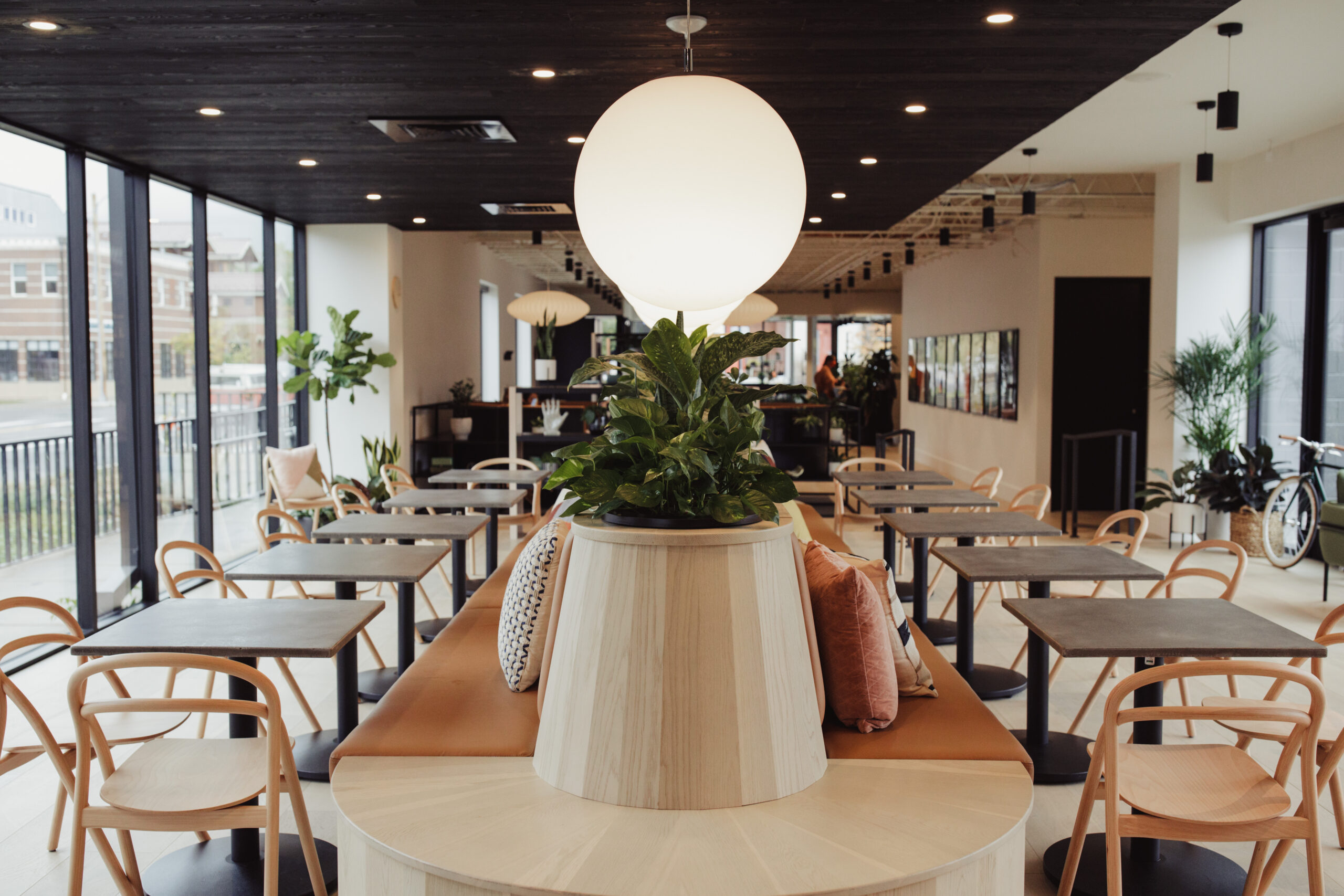
By Arian Lewis, CEO of Kiln
In March 2020, almost overnight, most people changed where they physically went to work. Now, even as more companies are bringing their staff back into the office, work-from-home levels are still 87 percent higher than pre-pandemic. Though working from home brings a level of flexibility that many traditional office jobs weren’t previously offering, there have also been well-documented detriments to the model such as isolation, the ability to “turn off” at the end of the day, and distractions.
As the CEO of Kiln, a boutique and lifestyle-oriented flex-office brand, I’ve seen over and over what professionals need out of their workplace. I’ve also seen how companies can make their offices a place where employees want to be. As we are deep into year three of COVID, what is the future of the workplace and how can employers adapt?
How a Heavy “Work From Home Model” is Affecting Us
In the first phases of the pandemic, employers saw either an improvement of productivity or little to no change with a work-from-home model vs in-office. However, after about nine months, the data started to tell a different story about the effects. There are now countless studies that reveal the negative effects that can come from remote work. In October 2021, Forbes published a study that showed nearly two-thirds of people working from home feel isolated or lonely sometimes, and 17 percent do all the time. More than two-thirds of employees who work from home at least part of the time report they have trouble getting away from work at the end of the day – always (22%) or sometimes (45%). Surprisingly, younger adults (73% of 18- to 29-year-olds and 73% of 30- to 44-year-olds) were more likely to report feeling isolated or lonely working at home compared to older adults (48% of 45- to 64-year-olds).
“The poll shows us that working from home, while it kept us safe from Covid-19 and brought some benefits, also meant many Americans felt lonely and isolated,” said APA CEO and medical director Saul Levin, M.D., M.P.A.
We’re seeing that younger professionals need the learning and growth that comes from working alongside formal and informal mentors. Also, it’s difficult for employees to see themselves growing within a company when they don’t have regular in-person interactions. Mental health, physical well-being, productivity, and employee retention all suffer when working in isolation.
2023 + Beyond: What You Can Expect to See in a Typical Work Week
The future of the workplace is likely to be one where businesses use their offices as a place to gather, connect, and work in-person two to three days a week. Many employees will still enjoy the benefits of the work-from-home model – and will be productive – but in-office days will return. I also predict there will still be “office vacations” where an employee goes on a trip and works remotely, but that may become less common over time.
How can Companies Make their Offices a Place where Employees Want to Be?
Simply put: the office is no longer a place where you clock in at 9 a.m. and clock out at 5 p.m. In the past, the essential office furniture was a desk and chair. Now offices are becoming places to gather, brainstorm, refresh, focus, learn, and be inspired. We think the future is about building workplaces as “social temples” rather than “workshops.” The office needs to become a place to do all the things you can’t do from home. Dynamic and interactive meetings, brainstorming sessions, and deep work will all be important to refine and develop.
Beyond building a place that fosters creativity and collaboration, employees want their office to contribute to their lifestyle. This includes wellness amenities, social clubs, and a stream of content to support personal and professional development Finally, employees don’t want to be a cog in a machine but rather a member of a community of like-minded individuals each working toward a collective mission or goal.
When companies choose Kiln, their total HR spend decreases. This is because the on-site amenities, the collaborative nature of the space, the programming, and everything else Kiln has to offer enhances their ability to recruit, engage, and develop their employees. Members of Kiln also report that they feel greater empowerment and find greater meaning in their work as a result of being a part of a community.
How have we shifted our flex-office and coworking spaces based on what we’ve learned in the past few years?
We are a lifestyle brand that delivers coworking. Our focus is on enhancing quality of life while at work. We also believe that Kiln should enable better performance for teams and individuals. We accomplish this by offering a unique set of amenities and products such as refresh rooms, deep work rooms, a parenting room, a café, an on-site theater, a podcast studio, walking and biking desks along with a variety of events and programming such as weekly yoga classes, regular health and wellness workshops, and events that bring together the large network of dynamic Kiln members.
The traditional office environment has needed a makeover for a while now. What worked in the ‘50s isn’t the right structure for the 2020s workforce. Long before we opened our first boutique flex-office space in Salt Lake City, Utah in 2018, I had been an advocate for the disruption of the workplace. While it’s a shame that COVID had to be the catalyst for widespread office disruption, our changing workplaces are set to create healthier and more engaged professionals.
Kiln Boulder
Kiln Boulder opened its flex office and coworking community in October 2021 at 2101 Pearl St, Boulder. Kiln Boulder was created by repurposing old retail space, combining seven prior buildings, which included studios, a warehouse, and a 1950s storefront, into a single cohesive beautifully designed 22,000-square-foot space. Instead of demolishing the structures, property owner John Reynolds saw an opportunity to ‘honor the bones’ of the building and reuse them through collaboration with Kiln. The monumental two-year task of knitting seven disparate buildings together into one cohesive structure fell to Kiln Co-Founder and Creative Director Leigh Radford, Boulder-based architectural firm Arc11 Principal Architects James Trewitt & E.J. Meade, and Duggan Construction.









